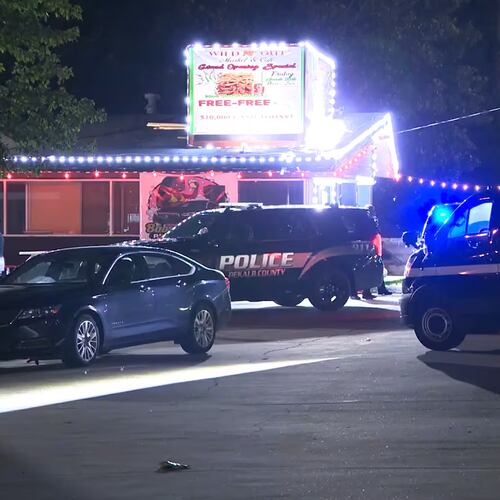After being warned about a possible lawsuit, the city of Clarkston has bolstered legal protections of non-English speaking and indigent defendants who appear in its municipal court.
On Tuesday night, the city council unanimously adopted a resolution that puts additional safeguards in place to ensure no one’s constitutional rights are violated.
“As soon as we were made aware of the issues, we expedited getting solutions to them,” Mayor Ted Terry said. “We take this very seriously and want to make sure we have a fair and just court system.”
In November, the Southern Center for Human Rights sent a letter to city officials that contended the municipal court was imposing illegal jail sentences and failing to provide enough courtroom interpreters.
The Southern Center alleged that the court was imposing “pay-or-jail sentences” — sending defendants into custody if they were unable to pay their fines. Courts have long held that indigent defendants should not be jailed solely if they can’t afford to pay.
Clarkston’s court will now inquire into a defendant’s ability to pay a fine before imposing one and determine if the fine poses a “significant financial hardship,” the resolution said. If such a determination is made, the court can then reduce the fine and convert the sentence to community service.
Similar findings must be made when there is a move to revoke a defendant’s probation because of his or her failure to pay the fine, the resolution said.
With a steady influx of refugees over the past few decades, Clarkston has struggled to find enough interpreters for its increasingly diverse population, the Southern Center said.
The council’s resolution says the city will try and flag potential language issues throughout the process, beginning when police officers identify them when issuing citations. Before they appear in court, defendants will be notified in forms written in seven different languages of the availability of certified interpreters.
When a certain interpreter is unavailable, individuals can call into a “language line” for help. If the interpreter on this call believes the individual is still unable to understand the proceedings, that person’s court date will be rescheduled, the resolution said.
Ebony Brown, one of the Southern Center lawyers who signed the November letter, said she was pleased the city took the action it did.
“We are encouraged to see Clarkston take these important steps towards ensuring constitutional compliance, and we look forward to continuing to work with the city to guarantee that everyone who appears in its municipal court is treated with fairness and dignity,” she said.
The vast majority of cases handled by the court involve traffic citations and some involve alleged code violations, Terry said. Because these are low-level misdemeanor cases, very few people face any jail time, the mayor said.
“It was always our assertion that the concerns brought by the Southern Center were exceptions to the norm,” Terry said. “Passage of this resolution now puts us in the gold standard of how municipal courts in Georgia operate. We are taking a compassionate, equitable and fair-minded approach.”
About the Author
Keep Reading
The Latest
Featured



